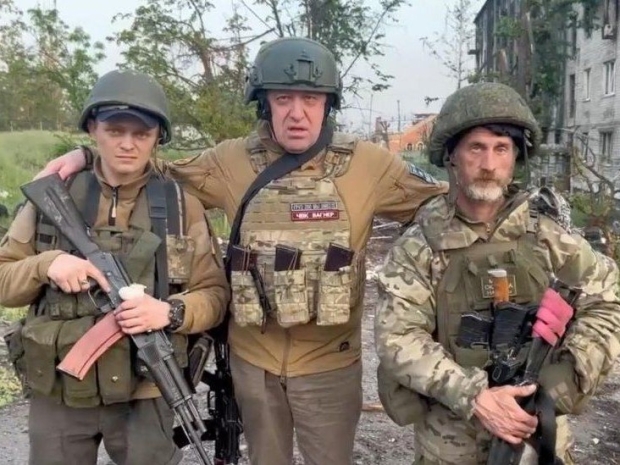The Kremlin has been taking more control over the internet in a way which would not be acceptable in Western democracies, and yet Prigozhin continued to give his followers live coverage on Saturday through videos, audio recordings, and statements posted on the messaging app Telegram.
His remarkable continued access to a public platform amid a crisis demonstrated both the limits of official restrictions and the rise of Telegram as a powerful mode of communication since the start of the war in Ukraine in February 2022.
The app, along with the proliferation of virtual private networks, has effectively loosened the information controls that the Russian authorities had tightened for years.
Russian internet service providers did their best to block access to Google News shortly after the authorities accused Prigozhin of organising an armed uprising but the news just continued to flow.
Other indications of the internet monitoring failure could be found in the fact that Prigozhin's number one enemy was the Minister of Defence Sergei Shoigu who you would have thought would have been keeping an eye on him. And yet, for some reason, Prigozhin was able to plan and communicate his plans to his associates and arrange the bloodless takeover of towns on their way to Moscow.




